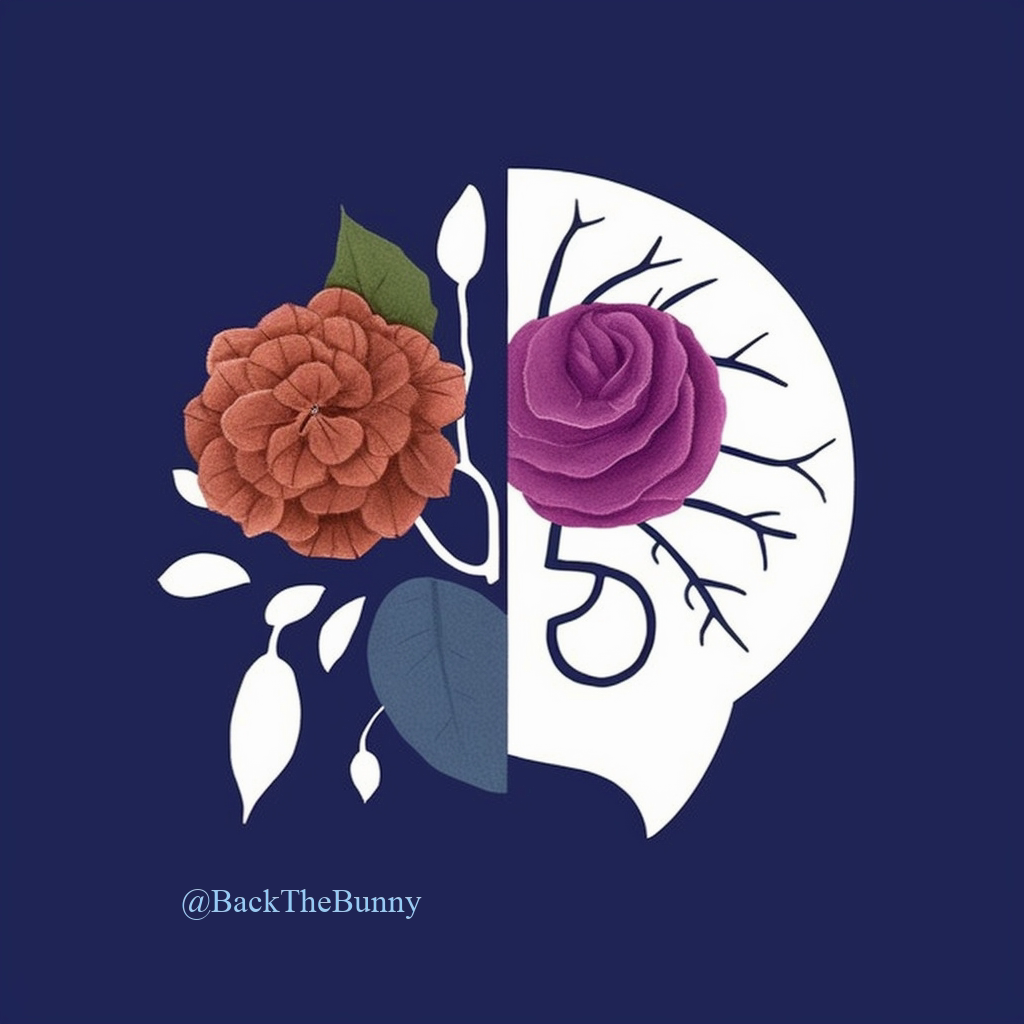What’s the difference between a blockchain and a database? Why do we want our transaction information stored in a decentralized ledger instead of a centralized one?
Spoiler: how the data is stored is not the key unlock for what make blockchains a revolutionary concept. People who deride blockchains as inefficient databases are wrong, and don't understand their true value add.
Centralized databases (CDs): In CDs, data is accessed via server request to a repository of data that must be approved by the governing server. This client-server relationship is the backbone of how data is stored and retrieved. Centralization represents a negative by way of its fragility and one authority being able to deny you access, but represents a positive via its increased speed and often cheaper costs to facilitate.
This is basically an exaggerated version of the blockchain trilemma. A well-known tradeoff in the DeFi layer 1 world is the more decentralized you are, the more secure you get by way of enhanced robustness to censorship and attack, but the slower you often become. Security via decentralization exists on a spectrum. The more centralized you are the more censorable you are, but you increase throughput and speed by having less participants needed to propagate information or confirm blocks. It’s all tradeoffs.
This centralization also makes the CD an easier target, and often opens up more vectors for attack as well (eg social engineering, phishing, etc.). As the constant news of hacks and leaks of data demonstrates, these are quite difficult to defend against and shows how fragile CDs can be. Further, the central control also opens up attack mediums both from outside and within the data custodian itself (eg a single corrupt employee can compromise the entire network).
An attack doesn’t even need to be a hack of the database. To render the CD unusable you simply need to disallow it from responding to legitimate requests. CDs are exposed to distributed-denial-of-service (DDoS) attacks that disallow it from responding to legitimate inquiries by flooding it with fake ones. You could DDoS Ethereum, but it would get really expensive, really fast.
The blockchain is constructed to make it far more robust to attack and censorship. Blockchains, AKA decentralized databases (DD), are much more censorship resistant and entirely transparent. They're built to provide permissionless access and sovereignty from any centralized control.
Public blockchains such as Bitcoin and Ethereum are maintained and used by way of thousands of nodes receiving transaction requests and submitting them to block validators who include them in blocks that are then added to a chain (thus, blockchain). These blocks are immutable and cannot be reversed.
They are the cloud providers of the next industrial revolution. Every weakness cited for the CD is a strength (comparatively) for the DD.
The central access point and need for permission is removed. Any party can become a validator and assist in the maintenance of the chain. With no fixed point of failure or single (or even several) points of failure, they are the most robust solution mankind has come up with to universal access to information. Their public verifiability and transparency allows anyone to inspect the validity and veracity of the chain. Blockchains are basically databases on steroids secured by thousands of nodes, that we all agree are accurate and can verify its history.
This isn’t to say they are without attack vectors. If enough miners collude to undermine the network (the number needed to accomplish this is known as a Nakamoto Coefficient) then its blocks can be compromised and security impaired. Further, there are ways block validators can attempt to reverse past blocks or fork the chain and try to have new blocks built upon a dishonest version of the chain.
These are difficult to accomplish, and often doing so would not make much economic sense for the attacker. One of the common forms of validator participation involves staking the native token of the chain (Proof of Stake). If an attacker corrupts the network, not only would they get “slashed” (their stake decremented as punishment), but the price of the token itself would plummet if participants sensed the network was materially compromised. As mentioned in the DDoS example, a big enough actor could put up enough validators to corrupt a chain and could try and take down the network by flooding it with spam, but this would be extremely expensive. This cost-prohibitive corruption is a significant structural advantage for the DD.
Public blockchains aren’t a panacea. But they’re designed in a completely trustless way that leverages participants economic interests in the maintenance of the network. The antithesis of the CD.
Just as stablecoins really aren’t a new concept but rather an improvement on a previous financial product, the blockchain isn’t a complete recreation of what a database fundamentally is. It’s an improvement on the database concept via a disintermediation of the gatekeepers who can deny you access to data and usage of services that used to require centralized upkeep and maintenance.
CORE TAKEAWAY: However, to focus purely on data storage misses the true societal value add of blockchains: it’s the consensus mechanism. The power of having all entities associated with a chain — millions and eventually billions of people — agree on what’s true, who owns what, in what amount, and the history of how it got there, is an incredibly powerful innovation for humanity. There is no gatekeeper telling you what's true, and imposing their will on the system. All network participants align on one digital truth. Never before has a system been devised where people in a massive network can peacefully agree like this.
Follow at @BackTheBunny
Check out another one of our popular posts --> How Yield Curves Predict Recessions & Future Demand for Money


